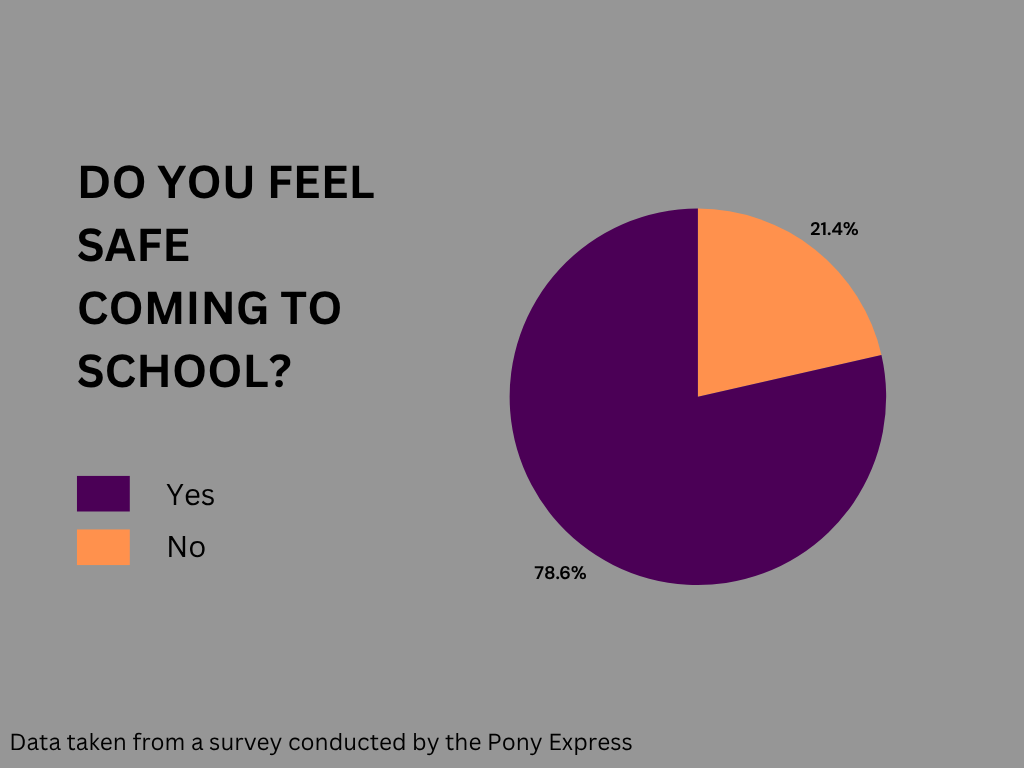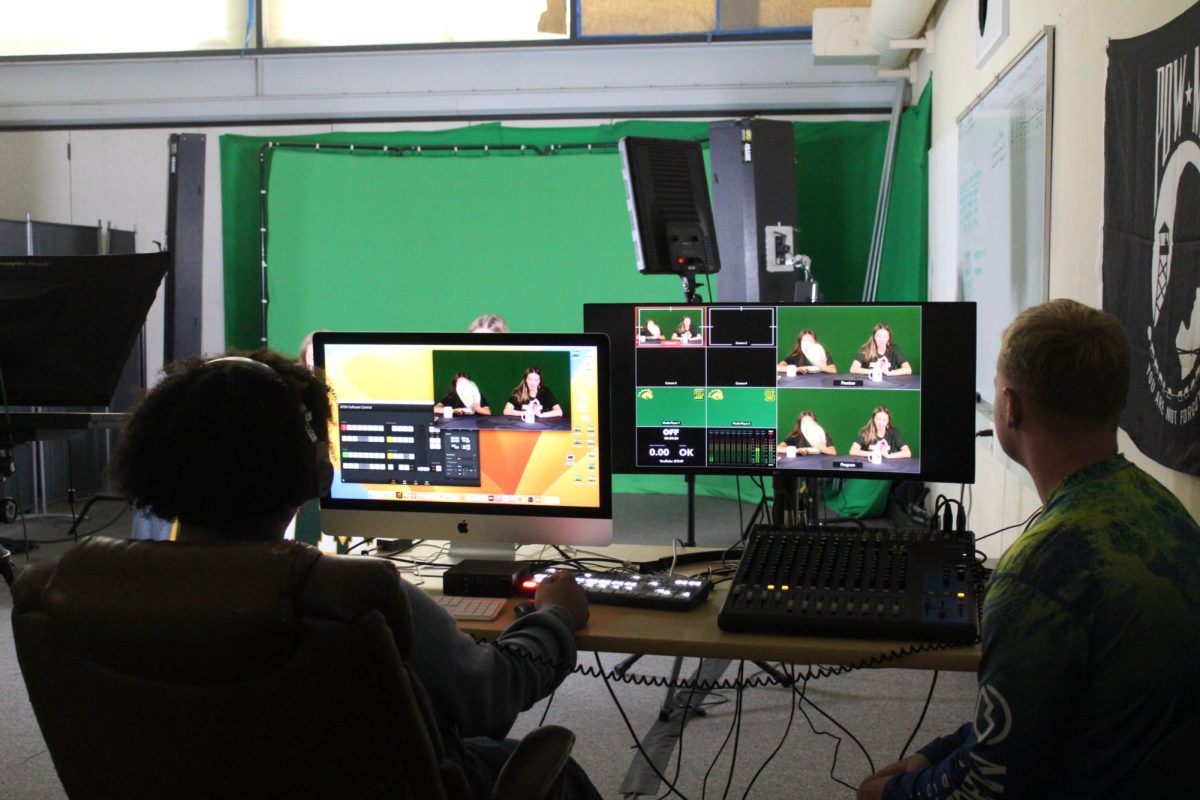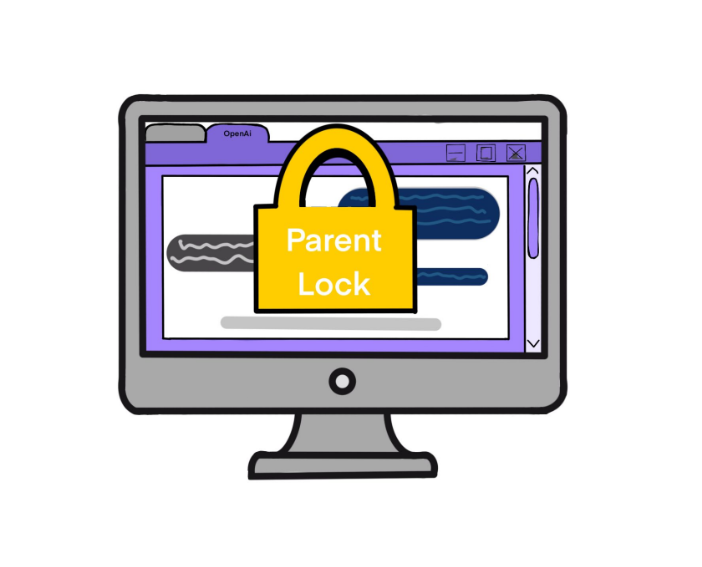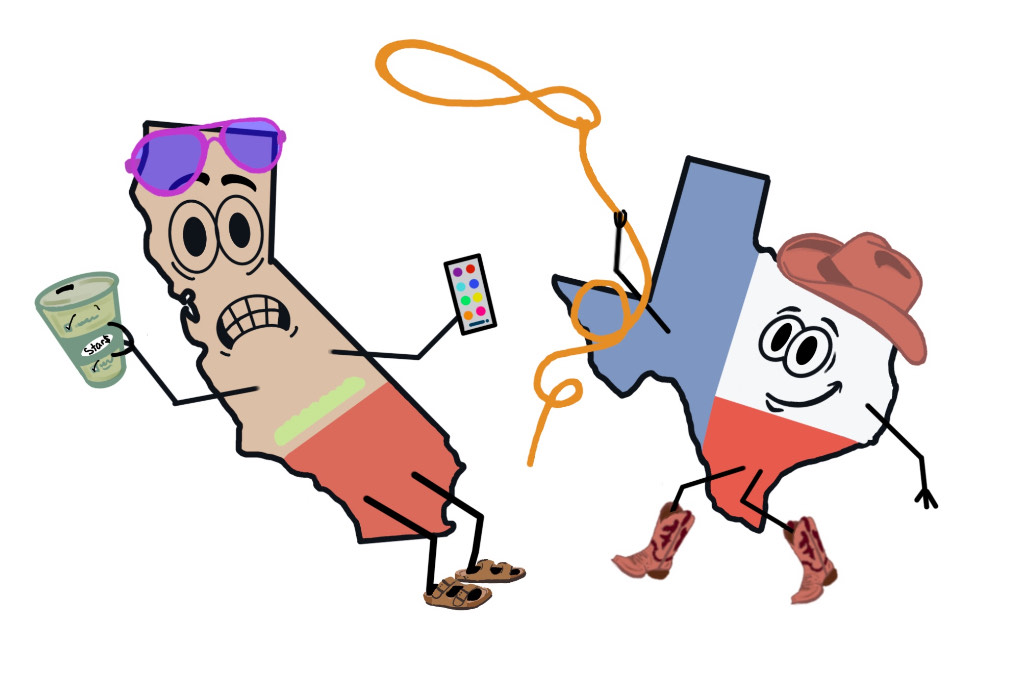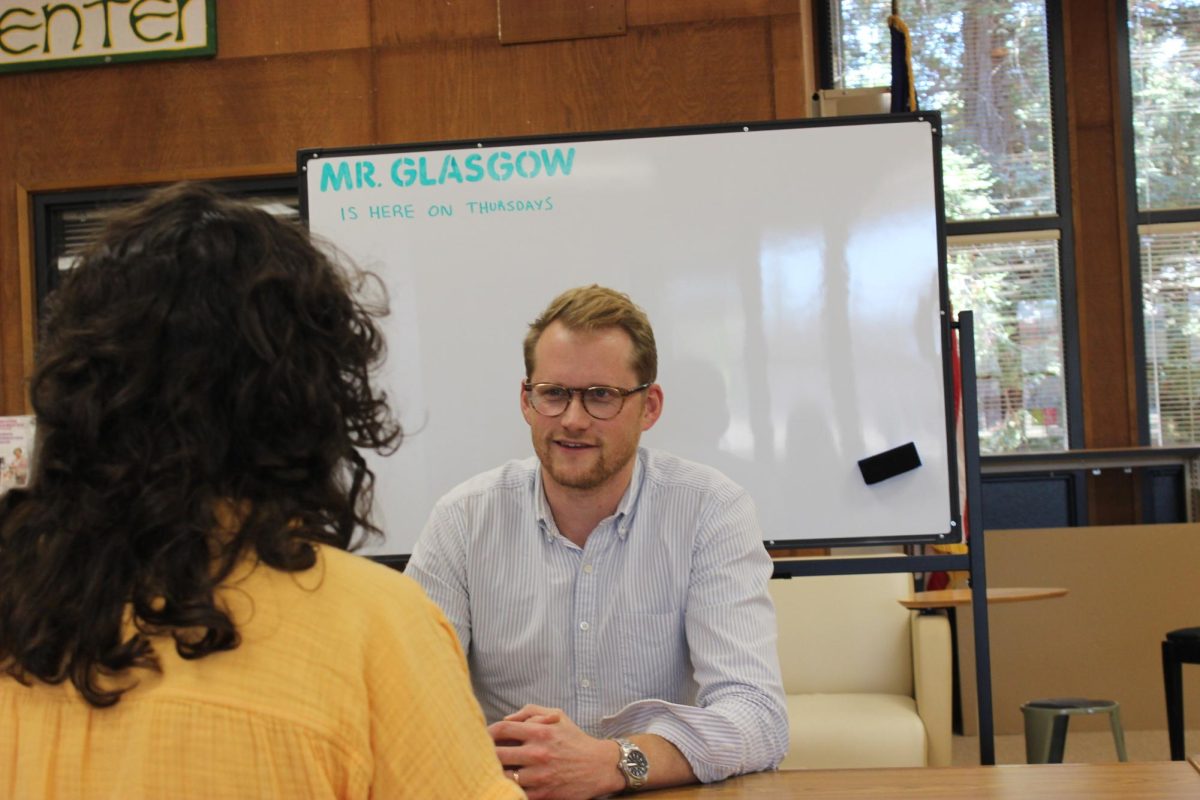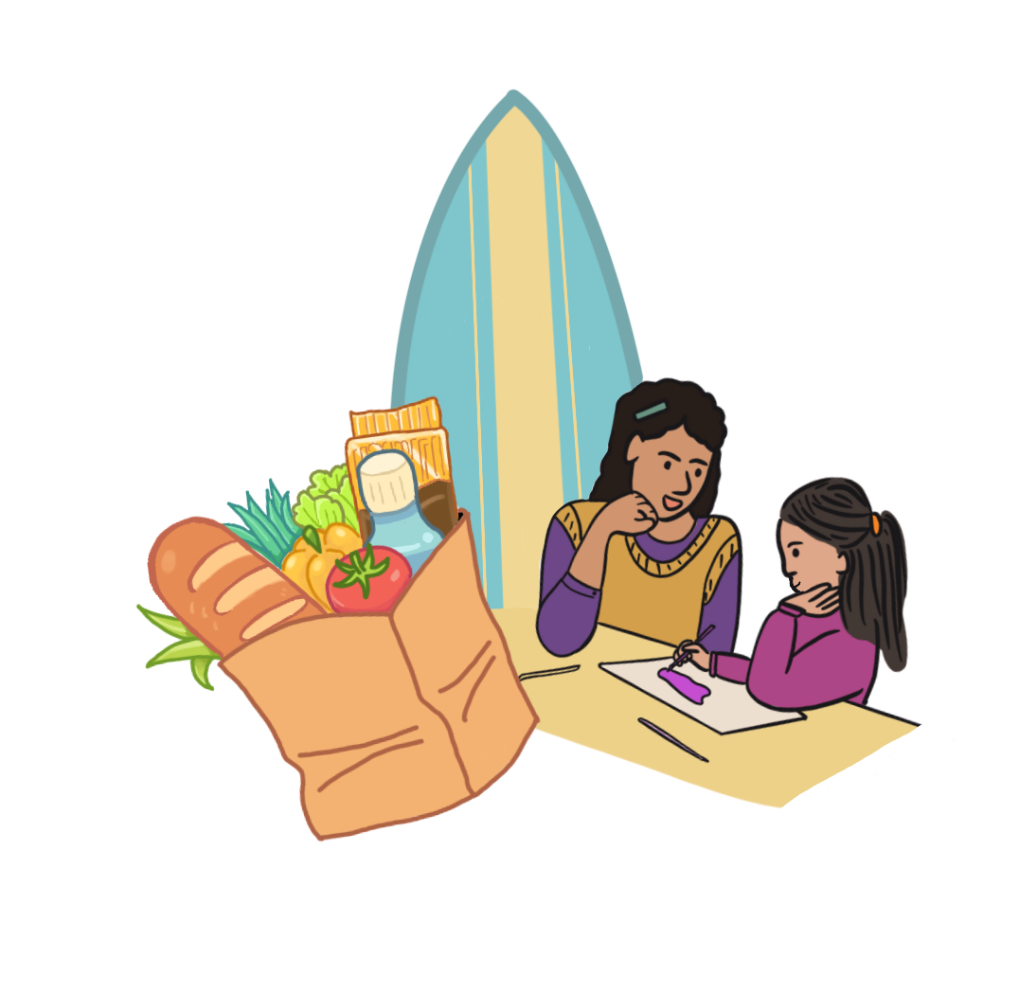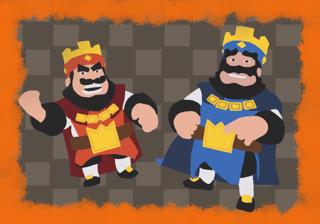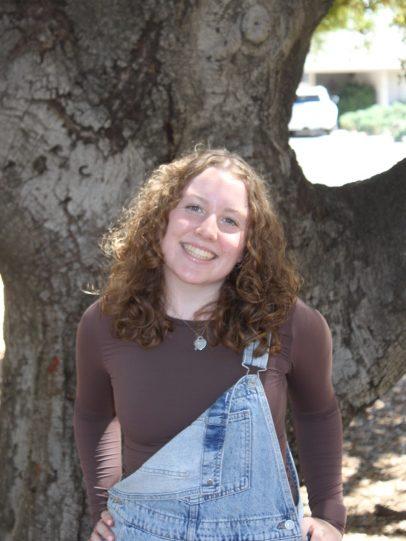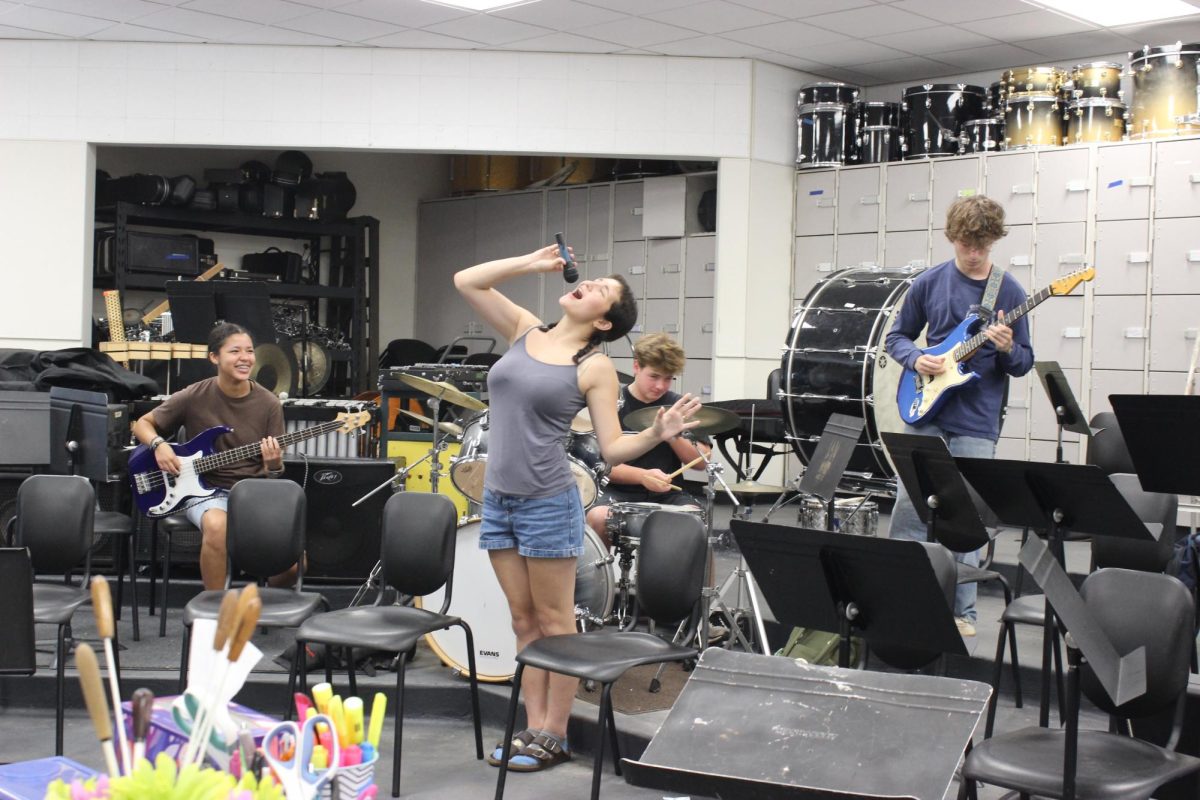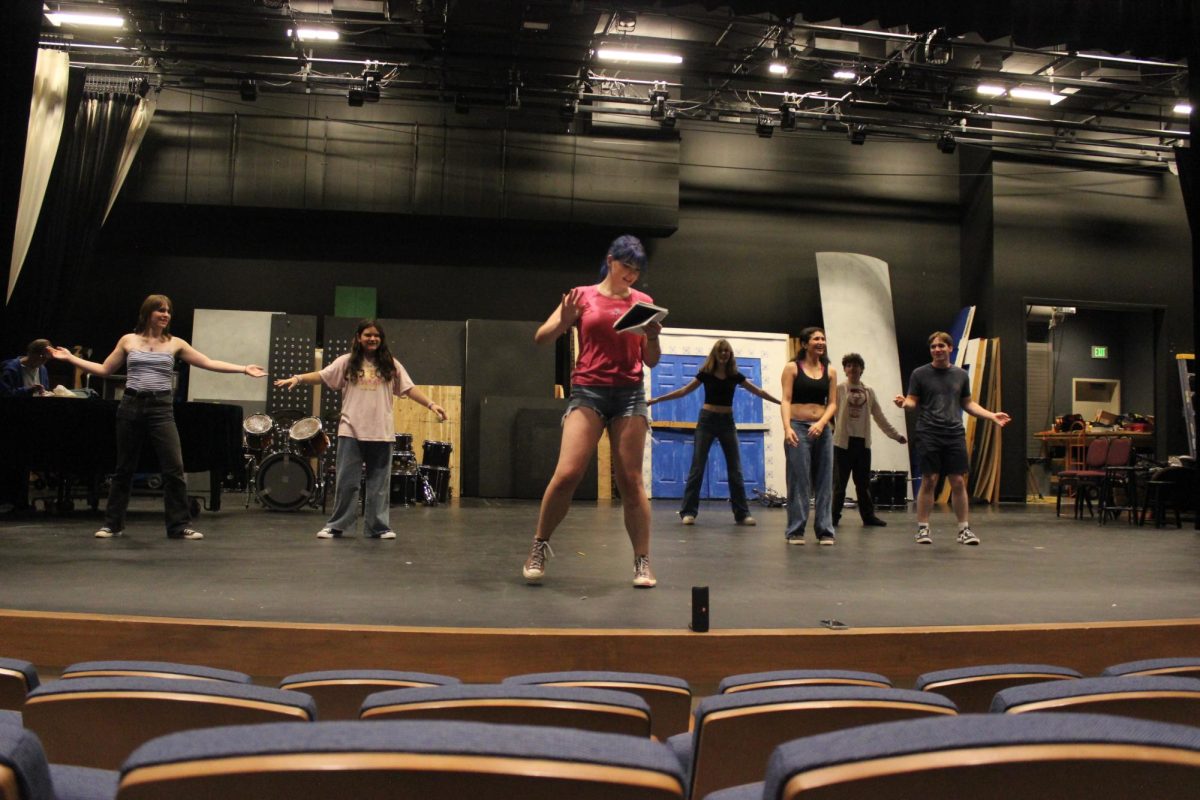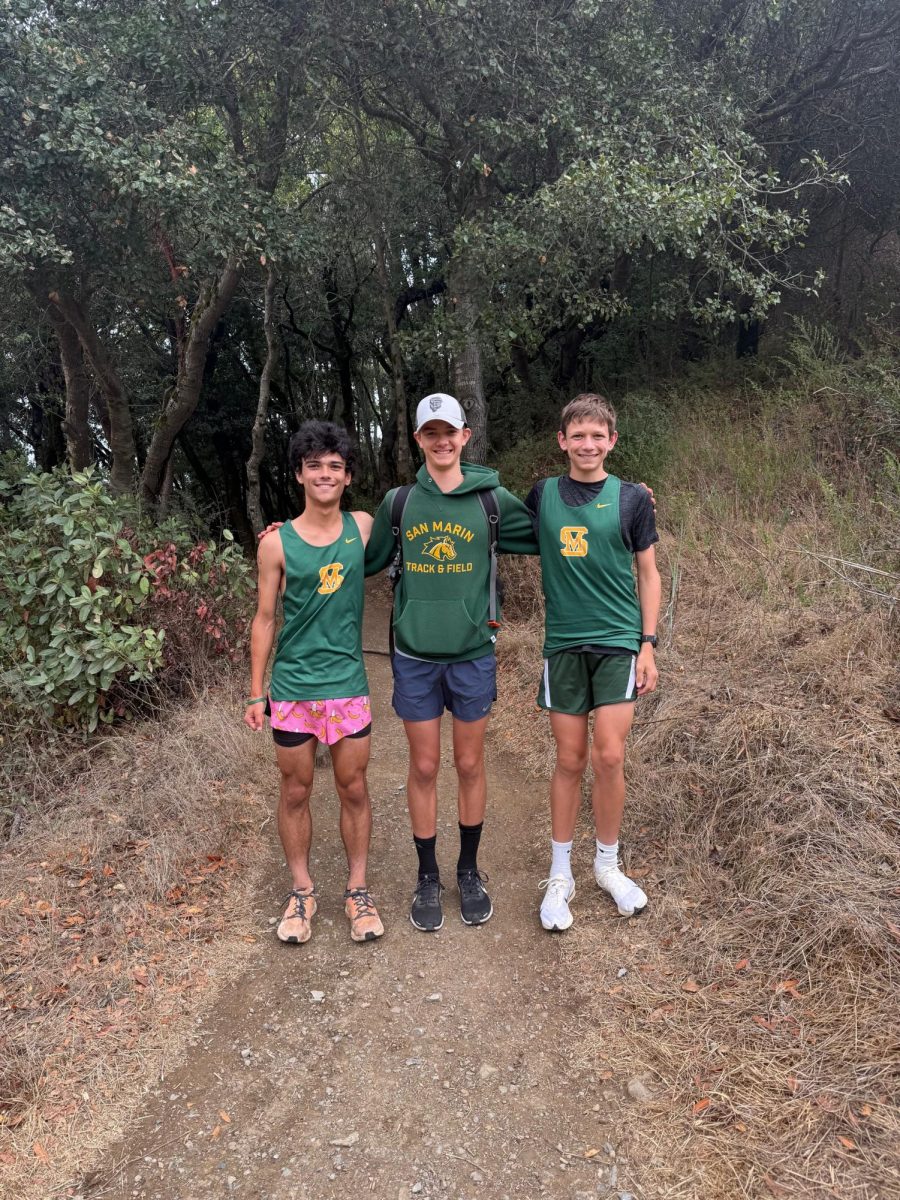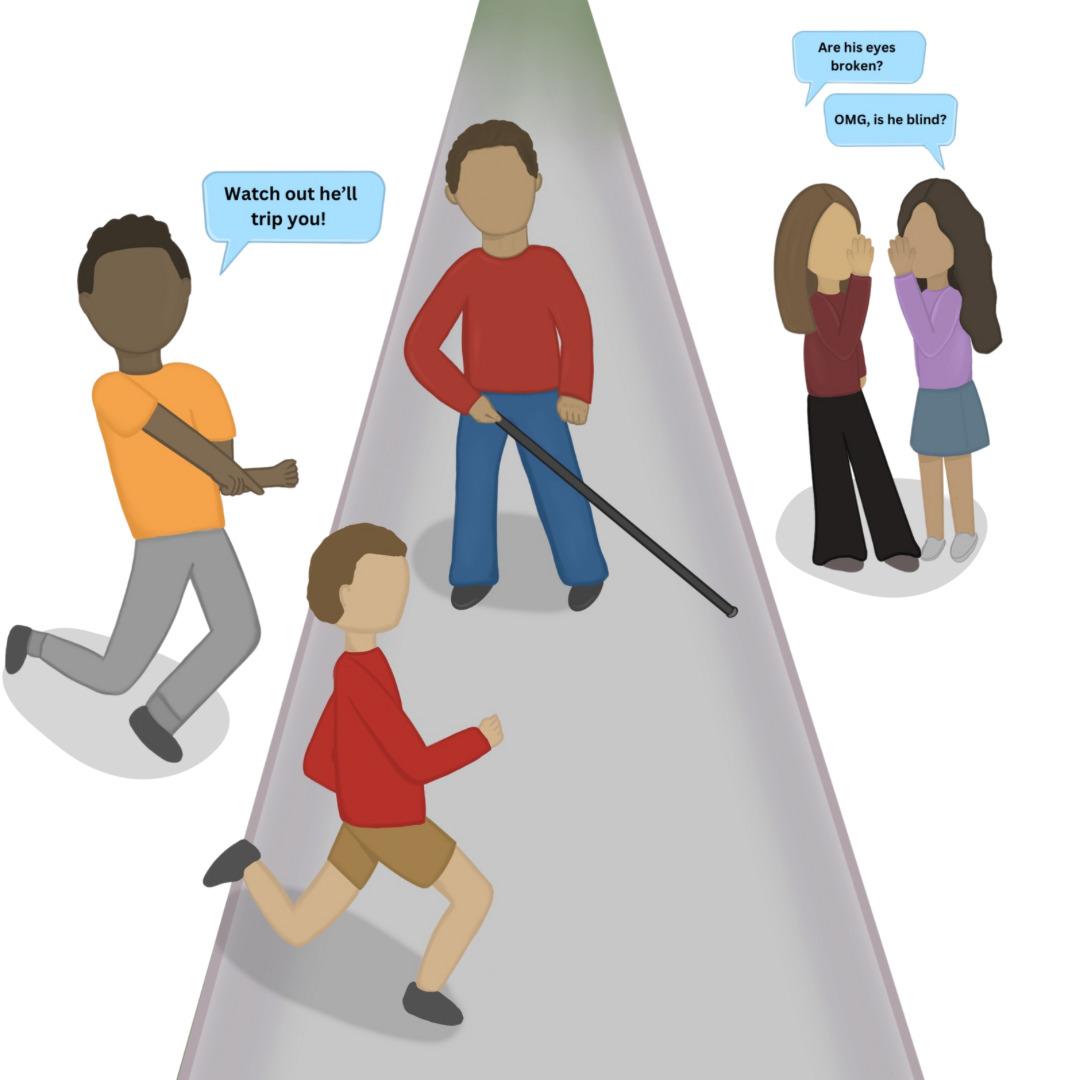People say that I am inspirational for simply existing. Why? I am not an inspiration for doing the same things non-disabled people do just because I’m disabled. I am not a strange scientific experiment that you can look down on just because I defied society’s ableist expectations of me.
Ever since I was a child, I encountered ableism because of my visual impairment and neurodiversity. From the nurses and doctors in hospitals to interactions with my peers and adults around me, ableism has always been lurking in every step of my journey, a vicious snake ready to strike.
I always assumed it was perfectly normal: that I was unworthy of friends, respect from my teachers, and accessibility to the materials I needed.
An instance where I did not obtain materials that were essential to my success was in middle school. I needed a Notetaker, a tablet with a braille display that allows me to access information and write. I had requested this device from the district in sixth grade, yet, received it at the start of eighth grade. The reluctance on the district’s part to buy this device that was so crucial for my education made me feel like some kind of burden that they, unfortunately, had to spend money on.
The district buys thousands of Chromebooks for the success of other students, so why not buy one device for my success as well? Am I not as important as my non-disabled peers? This is what I’ve been led to believe. I’m not treated the same as my non-disabled peers either. People either seem to expect absolutely nothing from me or too much.
Teachers use sugar-coated words to dismiss me and my peers act as if I don’t exist. Most of the time, I feel more like a bug that people look down on in disgust, pity, and fear, rather than a human.
Whenever I approach a group of people, they lower their voices and whisper things such as “OMG, is he blind?” “Are his eyes broken?” “Does he know what he’s doing?” I want to scream and say that I heard every word that ripped scars through my flesh. I can’t though – the shame, the realization that if I did open my mouth to reply, I would get laughed at and ignored.
When someone did need or want to know something about me, instead of talking to me directly, they would turn and ask the person next to me. This makes me feel even more invisible and insignificant to the people around me. Not only do my peers treat me like this, but my teachers as well.
In 7th grade, my class had a new PE teacher who had us play games and I always felt left out. I wasn’t able to partake in the sports because the balls that were being kicked had no auditory indicator that would let me know where they were located. I approached this teacher with this problem and a few suggestions. However, he brushed me off and seemed very uncomfortable with my mere presence, not knowing what to do with me.
Even now, internalized ableism is a beast I struggle with despite my awareness of its perpetuating harm.
